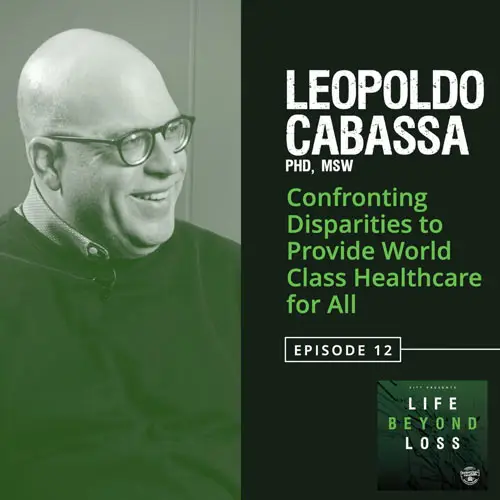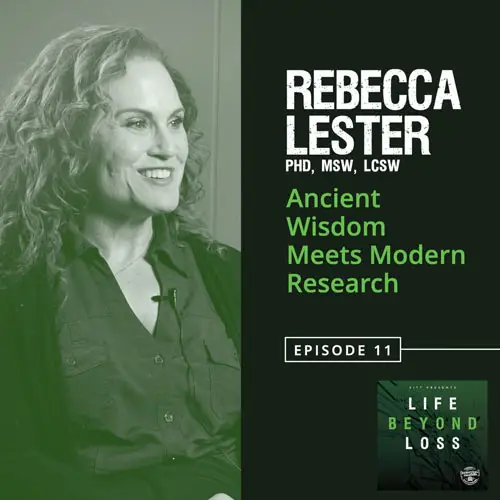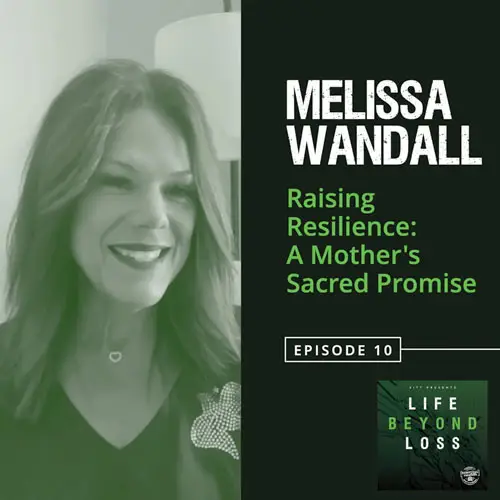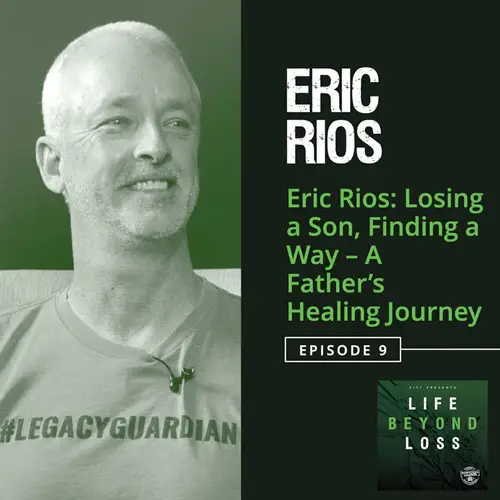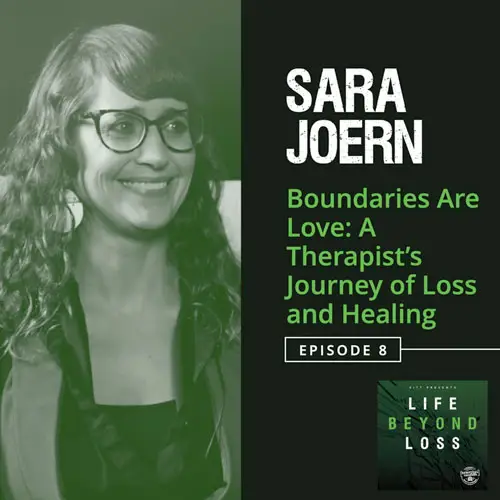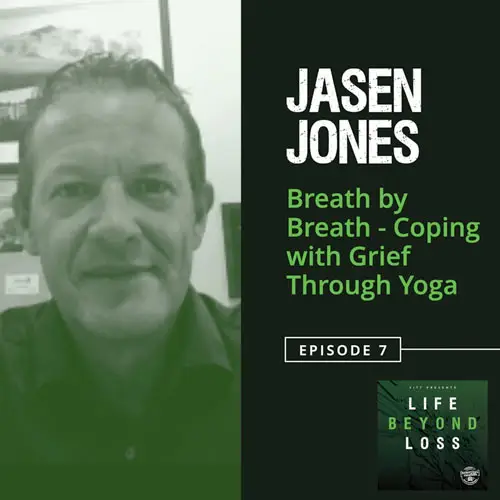Guest Information
Links From the Episode
Support Our Sponsors

Krey Distributing
Krey Distributing sets the standard for responsibility by actively promoting safe and responsible alcohol consumption through comprehensive education and community initiatives. Their unwavering commitment to safety and accountability ensures that they lead the way in fostering a culture of mindful, responsible drinking.

Bound Hat Co.
Bound Hat Co. combines style with purpose, crafting premium hats that not only look great but give back to meaningful causes. Every purchase helps support initiatives that make a real impact, so you can wear your values with pride.

